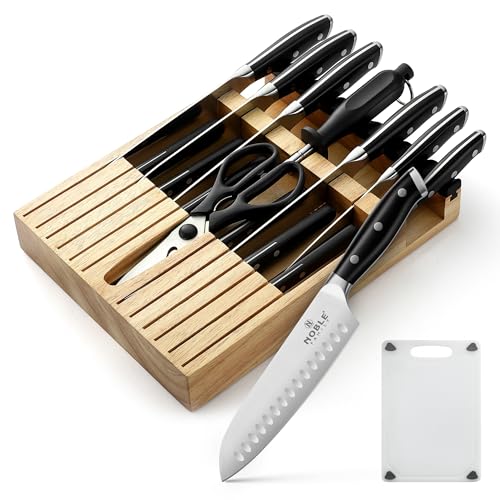foodnoobie
Active Member
I've been trying to become a better cook and learn more about cooking and recipes and basically everyone swears by Diamond Crystal Kosher salt.
It's less salty than other salts so more forgiving, melts fast and it's very cheap. $12 for 3 lbs.
I've only cooked with (finishing) sea salt so far, because i wasn't aware of the different kinds. And the sea salt cost $3.50 for 100 grams. Or a $47.50 for 3lbs.
Therefore it's not a good salt to use for cooking especially not for making pasta water.
But i can't find Diamond Crystal Kosher Salt anywhere. There's only 1 store in my country who sells it but it's been out of stock since forever so i'm not sure if it will ever come back.
I'm not fond of ordering it from amazon because you can never really guarantee the authenticity or quality with a no refund policy since it's a food item.
Does anyone here who lives in Europe uses it? If so, where do you order it?
Thank you.
It's less salty than other salts so more forgiving, melts fast and it's very cheap. $12 for 3 lbs.
I've only cooked with (finishing) sea salt so far, because i wasn't aware of the different kinds. And the sea salt cost $3.50 for 100 grams. Or a $47.50 for 3lbs.
Therefore it's not a good salt to use for cooking especially not for making pasta water.
But i can't find Diamond Crystal Kosher Salt anywhere. There's only 1 store in my country who sells it but it's been out of stock since forever so i'm not sure if it will ever come back.
I'm not fond of ordering it from amazon because you can never really guarantee the authenticity or quality with a no refund policy since it's a food item.
Does anyone here who lives in Europe uses it? If so, where do you order it?
Thank you.
























